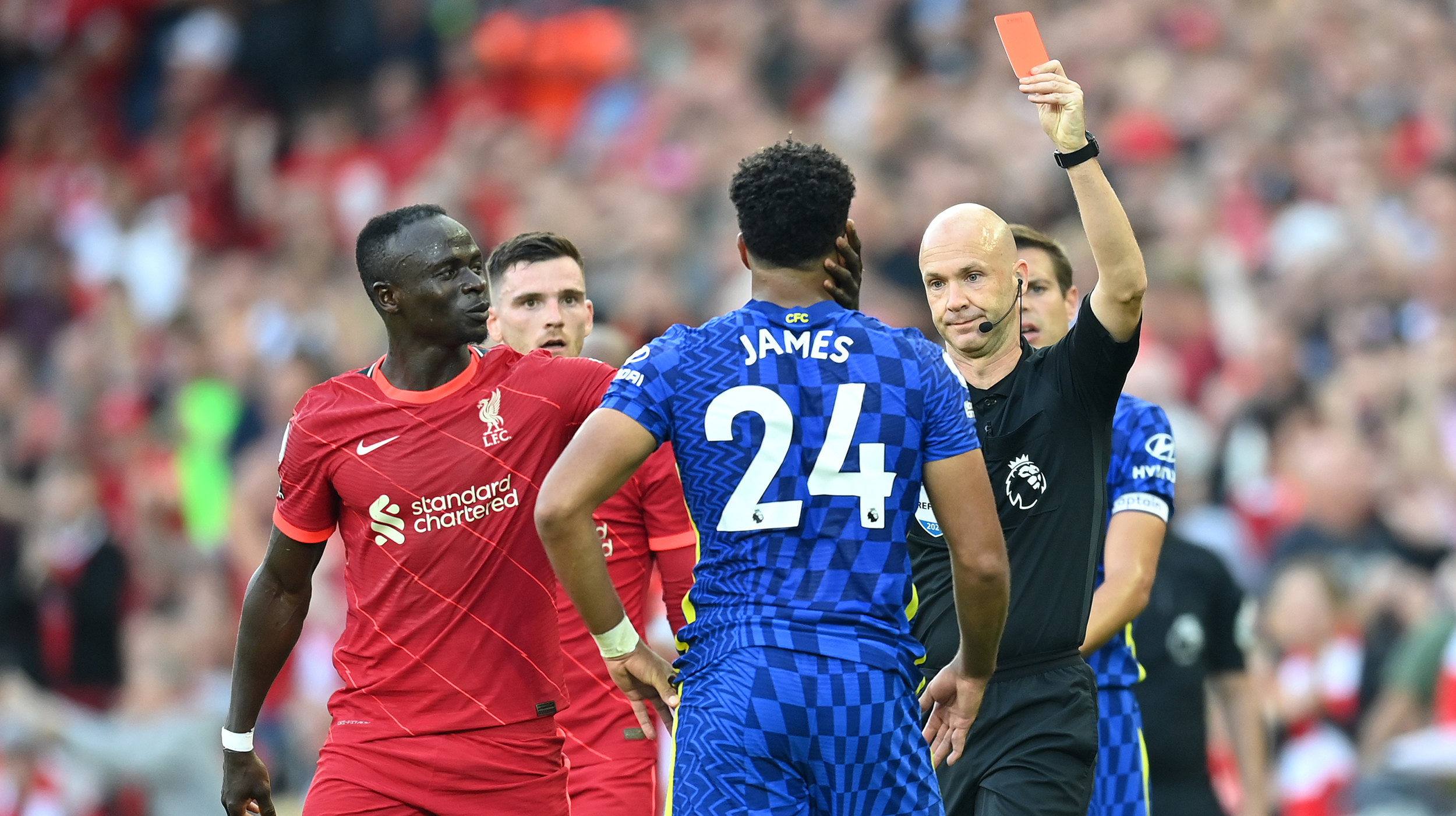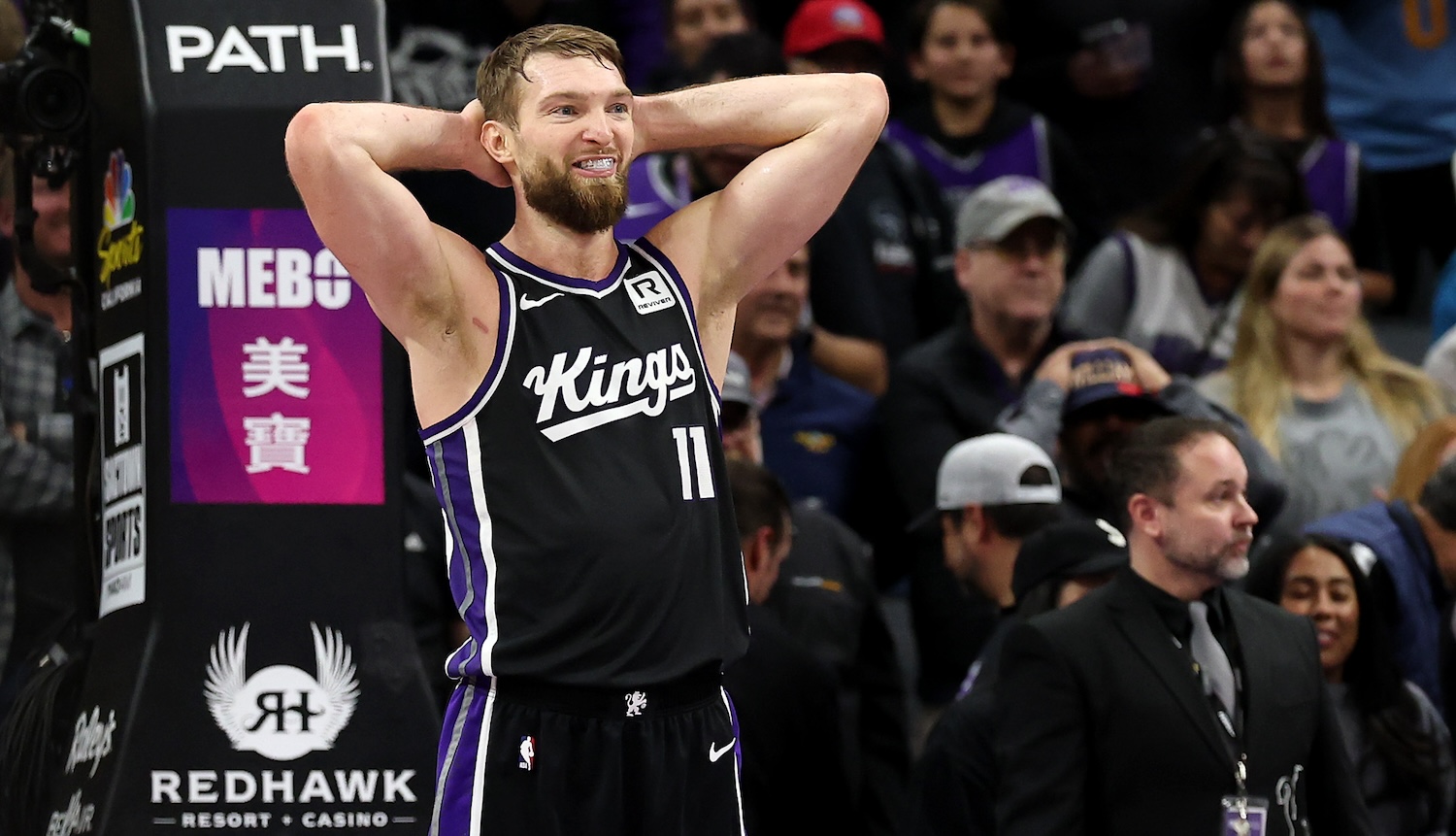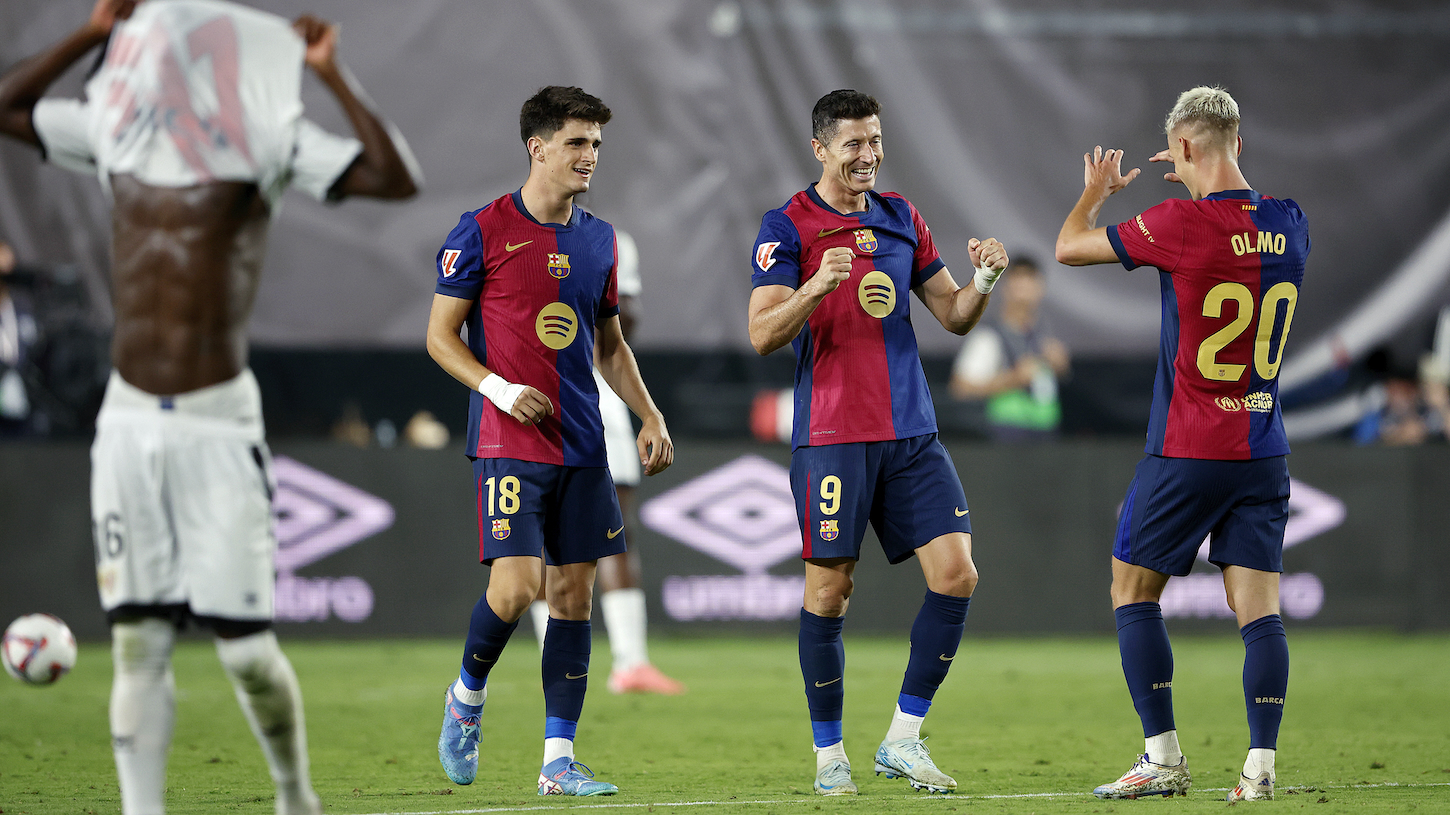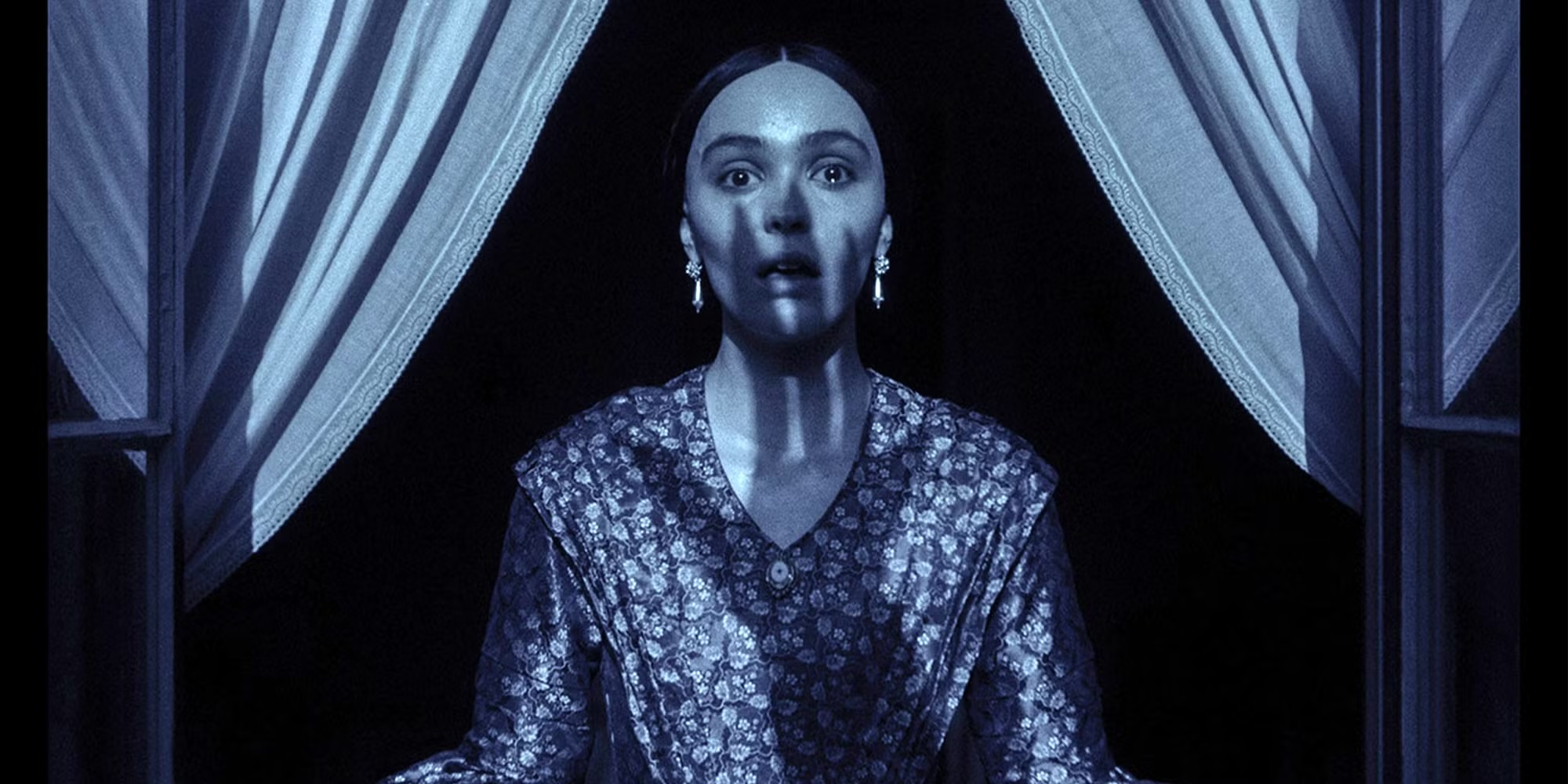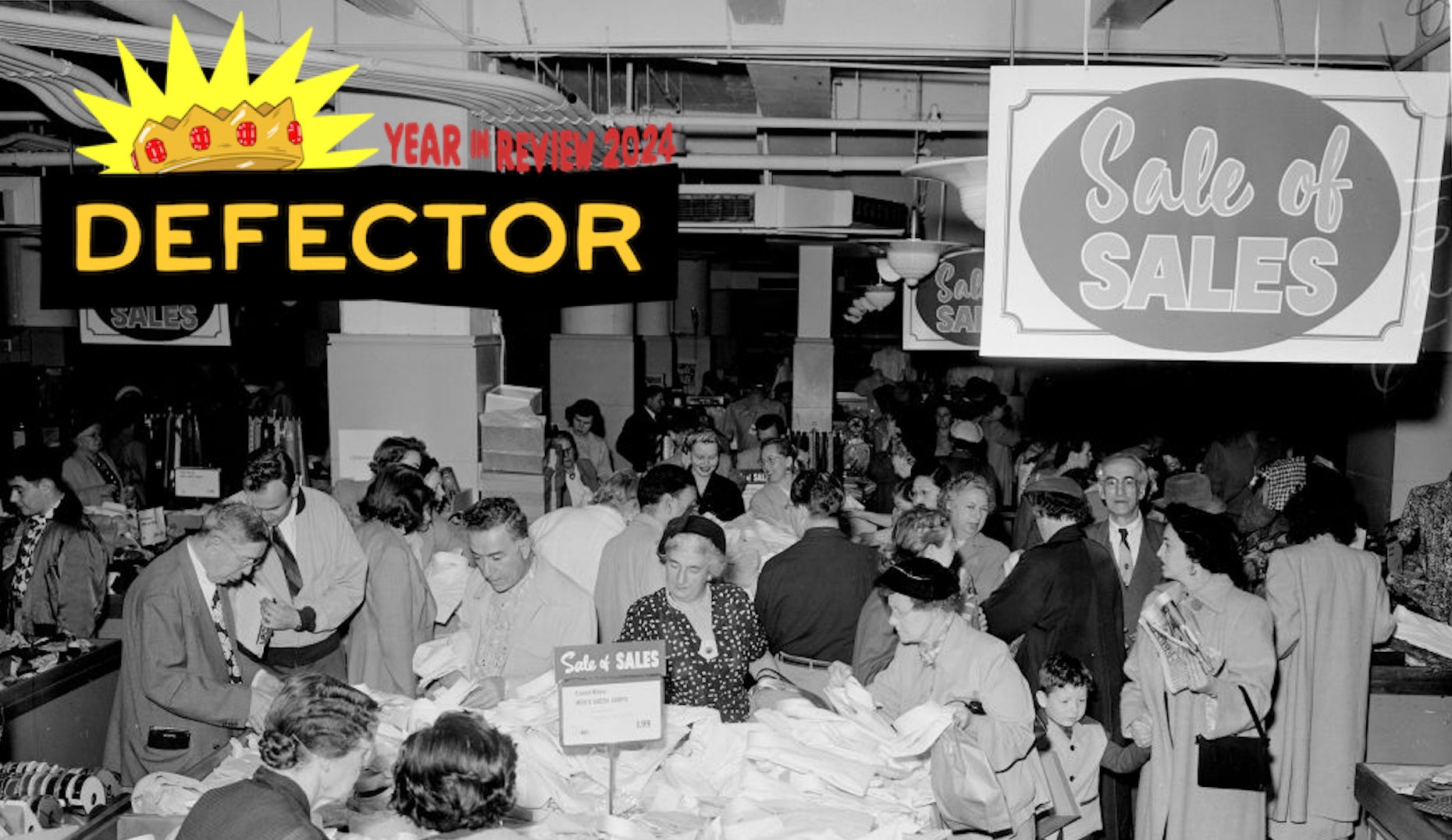It's explained clear as day in the soccer rulebook: "A player, substitute or substituted player who commits any of the following offences is sent off: [...] denying the opposing team a goal or an obvious goal-scoring opportunity by a handball offence (except a goalkeeper within their penalty area)." So, when referee Anthony Taylor sent off Reece James in the dying moments of a hectic first half between Chelsea and Liverpool, he got the call spot on. A shot by Sadio Mané had been saved only because it hit James's arm after an unfortunate block by his knee, and Taylor, with a too-quick VAR check as an aid, showed him red.
The ensuing Mohamed Salah penalty tally is not really to be argued, even by Chelsea players and fans, and some might want to direct their anger instead at Marcos Alonso, who headed the ball out of his own goalkeeper's hands, allowing for the mad scramble to happen in the first place. That's not what drove Chelsea's entire squad into a screaming match that got both Antonio Rüdiger and Edouard Mendy a yellow card for dissent, though. The red feels harsh, doesn't it? What had been a thrilling first half full of Liverpool dominance and some choice Chelsea counter-punches felt ruined by Taylor's decision to bring the Blues down to 10 men, no matter what the rulebook says. As the teams headed into halftime, one beaming at their luck and the other fuming, it seemed a certainty that the Pool Boys would walk away with the three points.
But something funny happened along the way to that assumed result—Chelsea held strong. There might not be a Premier League club better suited for the particular challenge that faced the London side in the second half: defending 45 minutes, at one of England's supposed fortresses, against a Liverpool side controlling the ball. Under manager Thomas Tuchel, Chelsea has turned into a defensive juggernaut, using the three-defender formation to smother attacks while still leaving some threat of a counter up top with Romelu Lukaku. No one will say that Chelsea controlled the game after the red card, and the Blues ended with just 34 percent of the possession for the game. What the side did do, though, was force Liverpool into speculative long shots and low-percentage lobbed balls into the box, where Mendy's aerial prowess could snuff out any opportunities.
It didn't hurt Chelsea's chances that Liverpool's set-up was forced into a quagmire by injury. If there's one of the vaunted front three that is best suited for a match trying to break down a stellar and parked defense, it's Roberto Firmino. After all, of the trio that also includes Salah and Mané, the Brazilian is the only one who is not always looking to get behind defenses; his replacement in the 42nd minute, Diogo Jota, is a wonderful attacker but in a similar mold to the other two superstars. This turned Liverpool's attack into a wooden battering ram trying to knock out ten tons of steel; sure, they made some scratches, but the strategy was doomed from the start.
That's perhaps the biggest problem to come from the red card. It's not so much that Chelsea had to retreat and give Liverpool the run of play, or that the Blues only had a few chances in the second half on the counter. It's that the game had been so wide open beforehand that it allowed the star players to do what they do best. Liverpool's attack was as kinetic as ever in the first half, while Lukaku and his sidekicks, Kai Havertz and Mason Mount, kept the Reds honest by scaring the crap out of them any time Chelsea got the ball back. Those are the best types of games between the so-called Top Six—let's take a moment to drop Arsenal from that group for now—even when the styles clash as violently as they did on Saturday, and the red card turned it into a Manchester City-Burnley type of match instead.
There's beauty in that too, even if the Chelsea side of the equation will be hard done by the red card. It's not the match that anyone expected, and it's not the match that the first half deserved, no matter the correctness of the call. It was harsh, to be sure; though James appeared to move his arm forward to block the ball, the double whammy of penalty and sending off will never sit right in the moment. Thanks to Chelsea's valiant efforts and Liverpool's limp attacking in the second 45, it didn't really matter.
Sure, Chelsea could feel that it would have gotten the three points for a victory with a full side, but notching an away draw at Anfield will never be a disappointment. If anyone will feel disappointed, it's Liverpool, whose possession and chance dominance once again led to little more than an underwhelming result; at least the side is used to it after that became one of the major themes of last season. These are still two of the best three sides in the Premier League, and one red card will not be enough to decide who is better or more deserving of challenging Manchester City for the title. If anything, this will set up an engrossing storyline for the rematch at Stamford Bridge on New Year's Day. The only certainty for that match, as it stands now, is that it will have plenty of pre-match narrative drama driving it. Perhaps the red card will be just that—the gift that keeps on giving the fans something to shout about.
